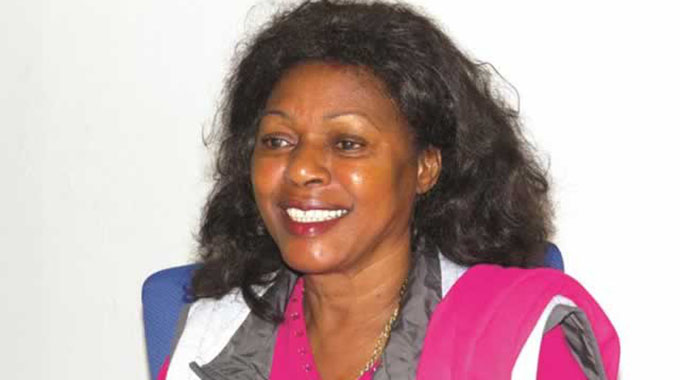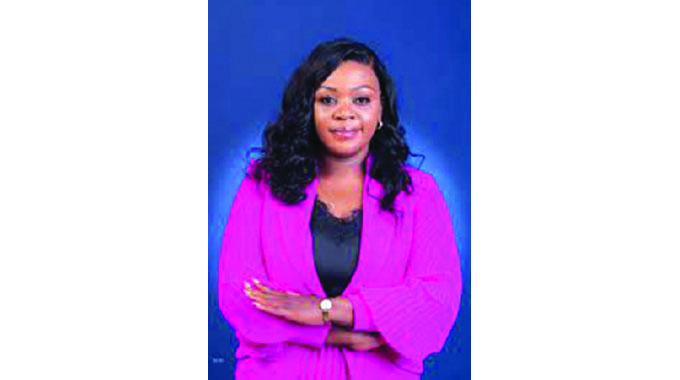Its now time for women
winding queues of prospective voters were queuing to register. It appeared most of the people were planning to register first, before attending to their other errands of the day. However there were not many women, who braved the wintry morning to wait for their turn to register.
Save for several elderly women and one or two women who looked to be in their early 30’s, the majority were men of all ages who looked determined to register and were somehow unfazed by the growing queues.
I am sure any other time, I would have ignored the unfolding scenario in front of me, and proceed with my journey as if nothing had happened, but this time, I could not.
Although I have been an active voter from the time I attained my voting rights 20 or so years, sorely to exercise my democratic right in choosing the leader of my choice, I have never taken it beyond that.
But having watched closely events preceding to the Constitutional exercise and the subsequent assenting of the Bill into law, where women across political divide worked hard and supported the Draft Constitution right up to the end, I just feel that women, should register as voters and usher in a strong female political leadership.
By registering as voters, women would be affording themselves an opportunity to vote for as many women candidates as possible in the forthcoming elections
Working on the probability that as many female legislators as possible who would be voted in power, including the 60 seats already set aside for women-thanks to the new Constitution-the forthcoming elections present women with an opportunity to tilt the tables in their favour, giving them good political leverage, something they have always wanted in totality but has been beyond reach.
In their numbers, women have over the years proved to be a faithful constituency that turns out in big numbers during campaign rallies for any political party, and are also consistent voters (the percentage that is registered), a competitive advantage they should actually use to prop up women vying for political offices.
As I watched more men joined the queue, which was now probably a kilometre long, it actually dawned to me that there are thousands of women out who don’t seem to realise the power that their vote yields, never mind the power of a single vote in determining the outcome of an election result.
Going back to history, you realise that people have been using their suffrage rights not only to elect representatives to office, but also more importantly to influence the policies.
Former President of America, Lyndon Johnson affirmed in 1965 that there was nothing more effective than voting rights. Voting provides power “that all the eloquence in the world won’t bring, because once in their lifetime, legislators would be coming to you, instead of you going calling on them.”
Instead of seating on the political terrain as disgruntled observers, watching a match they think they will fare better, if given the chance, women of Zimbabwe should go out and register to ensure that they will actively participate in the elections either as voters or as political aspirants, for different constituencies sprouted around the country.
Traditionally political parties often set aside certain constituencies for female candidates, and that development has resulted in a certain number of women making it in the August House.
Already some aspiring female candidates for Zanu-PF have already started identifying such seats, while the recently held primary elections within the MDC-T, saw a certain number of women qualifying to stand in a number of constituencies.
Be that as it may, the forthcoming elections are rather unique and favourable for women, who apart from banking on the tenets of the Constitution, are guaranteed of support from all the political parties to ensure their participation.
Already several programmes such as the WIPSU-initiated Vote for the Women Campaign and similar other initiatives that are running parallel to each other, should give women the political leverage they would need to throw in their candidature for election.
All these and other efforts that women are working towards, would certainly be achieved if women who have not voted before go in their numbers and register to vote in the forthcoming elections.
It is undoubtedly true to some extent that the place of a woman is in the home, no matter how education and affluent she might be. She still has to handle the societal responsibilities and expectations such as caring for the family, attending to family matters and keeping the household intact.
But then, she would need the support of the legislation to ensure that there is minimum disruption in the execution of such duties, hence the need to be part of the process in electing the legislature.
As I pen this piece, many women today are failing to discharge their duties to their households properly simply because they do not perceive that as society becomes more complicated, it is necessary that they should extend their sense of responsibility to many things outside their home if she would continue to preserve the home in its entirety.
She needs to ensure that her community continues to be safe, her job and her livelihood are safeguarded and that she can raise her children in a proper and peaceful society.
And for that to happen, she would need to be part of the system that will elect the legislature in power. Public spirited women, who wish to use the ballot — as I know them — do not wish to do the work of men, nor take over men’s affairs.
They simply want an opportunity to do their own work and to take care of those affairs, which naturally and historically belong to women, but which are constantly being overlooked and slighted in our political institutions.
They also need to be part of the political leadership to safeguard and protect their social and historical interest, and that will only happen if they take part in the elective process.
There is no doubt that presence of women voting, vying for political offices or lobbying for space reserved for men will have a profound change on the national political landscape.






Comments